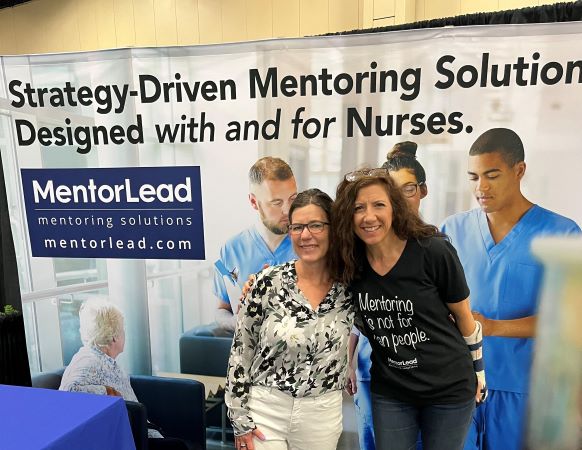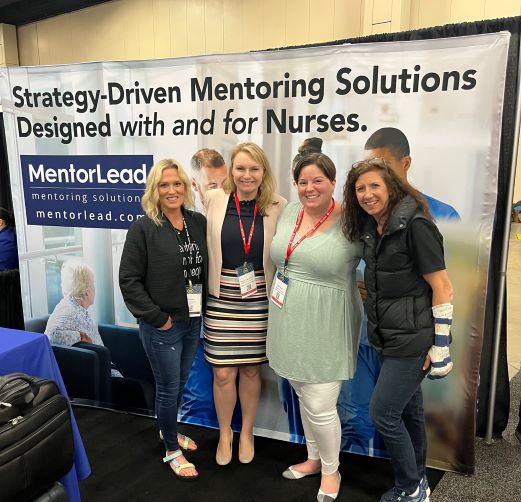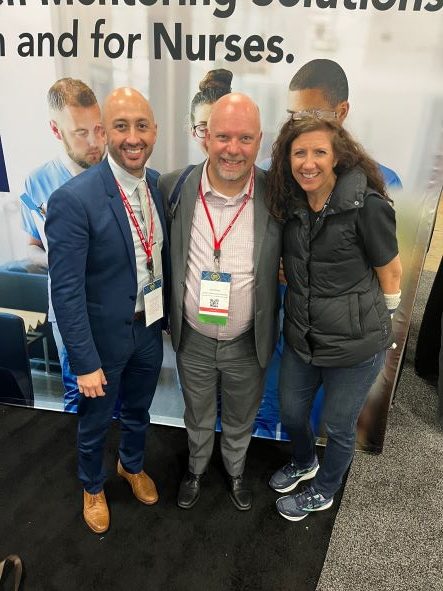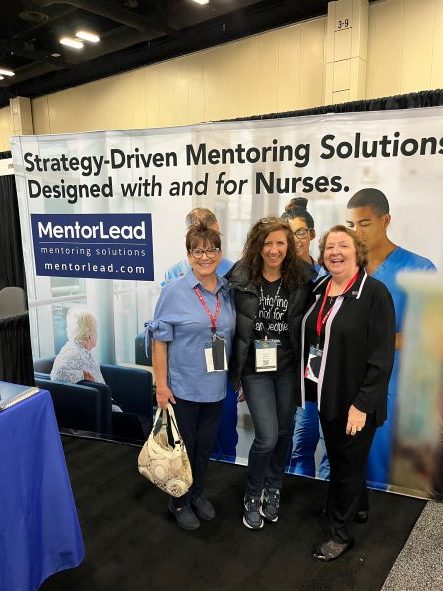
[Flash] Talk Yourself Up (Mentoring from Carrie Underwood)
|
On the music competition show American Idol, Season 4 winner Carrie Underwood joined the show recently to mentor the final contestants. When one of them asked her for advice on how she projects confidence when nervous, Carrie responded, “Talk yourself up.”
Carol Dweck, author of Mindset, would love this mentoring! In her 2007 book, she introduced the world to fixed and growth mindsets. “Talk yourself up” comes from a growth mindset. With a fixed mindset, our efforts, actions, and results define us. So then, each success or setback feels like a validation or an indictment of who we are. And this causes us to constantly defend, justify, excuse, or blame to preserve who we are. Conversely, with a growth mindset, our efforts, actions, and results do not define but inform us. Thereby, each success or setback is merely information that we can use to improve and grow. When we operate from a fixed mindset, we battle fears and imposter syndrome (“Who do you think you are to perform on stage in front of millions?”). We become so consumed with protecting an image that we recoil from taking chances or appropriate risks. We talk ourselves down to prevent failure. But when we operate with a growth mindset, we work to improve, look for areas to develop, seek mentoring, take on new actions like an experiment, and approach our perspectives like an exploration. We talk ourselves up for the adventure that awaits! Frustratingly, our fixed mindset is triggered when we are confronted by challenges, face criticism, and compare ourselves to others (say goodbye, social media!). Our daily test then is to catch our fixed mindset in the moment (“Watch out! You’re going to fail!”) and shift to a growth mindset by talking ourselves up! (“This is an experience, and I’m going to learn something amazing!”) My niece talks herself up each time she steps onto the swim block for a race at the pool. When I first watched her swim, I thought I was cheering for her to beat the swimmer in the next lane. But in each race, she is focused on shaving seconds off her personal record. A growth mindset! (Her mindset when doing her English homework is another story…) © 2022. Ann Tardy and MentorLead. www.mentorlead.com. All Rights Reserved. |







